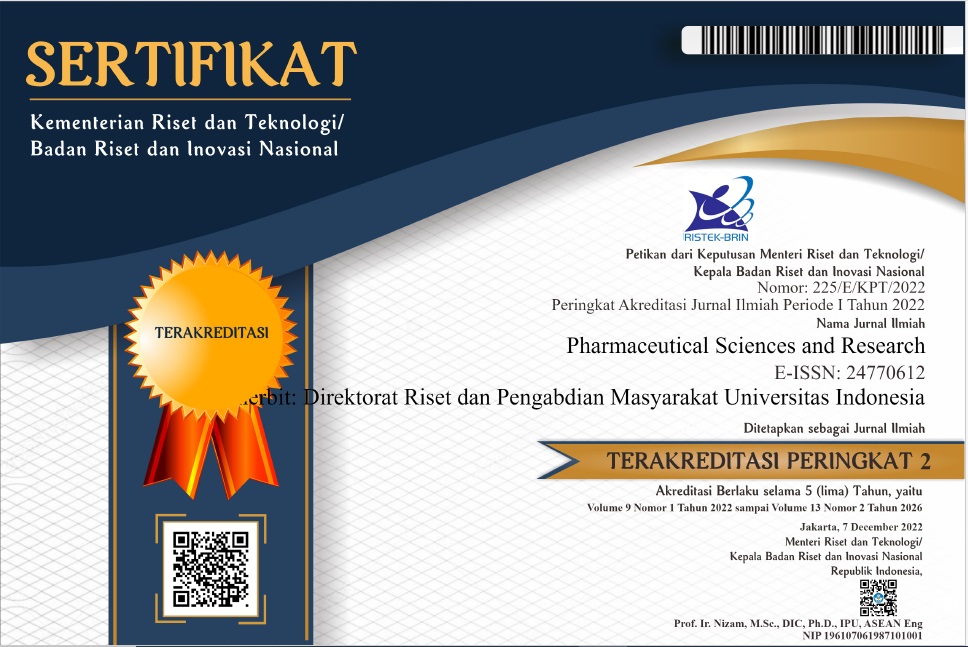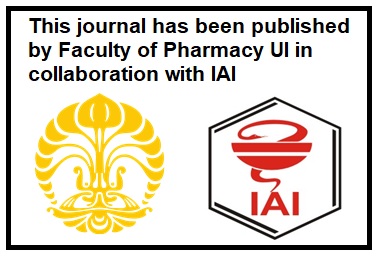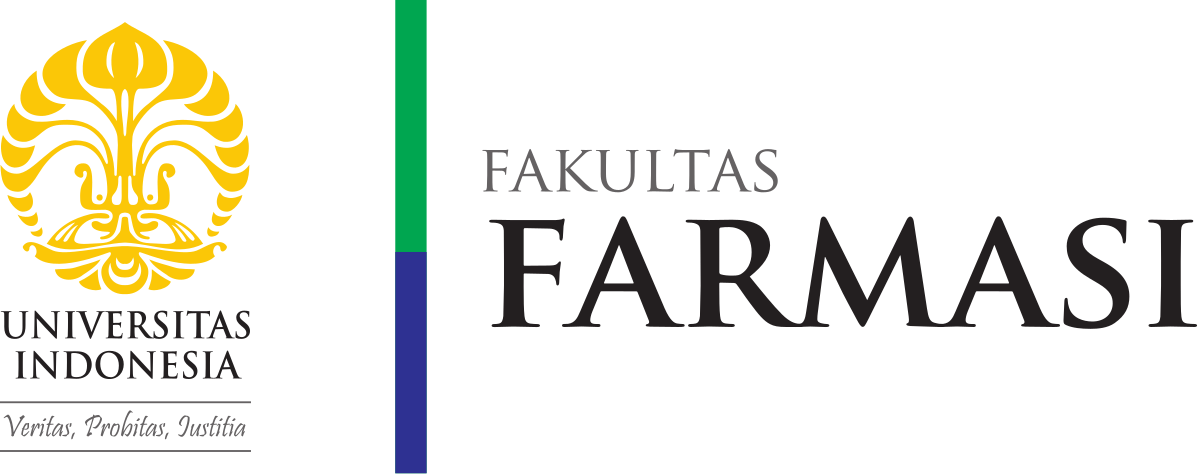Abstract
Shorea macrophylla, also known as the ‘Engkabang’ tree or Light Red Meranti, is renowned for its role in reforestation efforts. Despite lacking records of traditional use, the reported biological activities of other species within the Shorea genus spark curiosity about the potential biological activities of this plant. Therefore, this study aims to explore the antioxidant capabilities of S. macrophylla leaf and bark extracts, along with their protective effects against oxidative stress using a brine shrimp model. In the evaluation of antioxidant potential, 2,2-diphenyl-1-picrylhydrazyl (DPPH) and ferric reducing antioxidant power (FRAP) assays were employed. Extracts were incubated in DPPH and FRAP solutions, and absorbances were measured at 517 and 593 nm, respectively. The brine shrimp lethality assay (BSLT) involved exposing brine shrimps (Artemia salina) to various concentrations of the extract, with LC50 values determined through probit regression analysis. Oxidative stress protection assays entailed treating brine shrimps with safe doses of S. macrophylla extracts before exposure to H2O2, with subsequent observation of survival rates. The DPPH assay unveiled IC50 values of 1.025 and 0.693 mg/mL for S. macrophylla leaf and bark extracts, respectively, while FRAP values exhibited a concentration-dependent relationship. BSLT demonstrated concentration-dependent mortality, with LC50 values of 0.93 and 0.6455 mg/mL for S. macrophylla leaf and bark extracts, respectively. Pre-treatment with S. macrophylla extracts significantly increased brine shrimp survival against H2O2-induced oxidative stress. In conclusion, both S. macrophylla leaf and bark water extracts demonstrated noteworthy antioxidant activities and exhibited protective effects against oxidative stress in brine shrimps. These findings provide insights into the antioxidant activities and protective effects of S. macrophylla Leaf and Bark extracts.
References
Ahmouda, K., Benhaoua, B., & Eddine, S. (2022). Plant extract FRAP effect on cation vacancies formation in greenly synthesized wüstite (Fe x O) nanoparticles : A new contribution. Sustainable Chemistry and Pharmacy, 25(August 2021), 100563. https://doi.org/10.1016/j. scp.2021.100563
Atikah, N. A., Nazri, M., Ahmat, N., Abdullah, M., Sidik, N. J., Tajudin, S. A., & Johari, T. (2012). Antioxidant, antimicrobial and cytotoxic activities of resveratrol oligomers of Shorea macroptera Dyer. Australian Journal of Basic and Applied Sciences, 6(8), 431–436.
Chan, W., Shaughnessy, A. E. P., van den Berg, C. P., Garson, M. J., & Cheney, K. L. (2021). The validity of brine shrimp (Artemia Sp.) toxicity assays to assess the ecological function of marine natural products. Journal of Chemical Ecology, 47(10–11), 834–846. https://doi. org/10.1007/s10886-021-01264-z
Chen, X., Liang, L., & Han, C. (2020). LWT - Food Science and Technology Borate suppresses the scavenging activity of gallic acid and plant polyphenol extracts on DPPH radical: A potential interference to DPPH assay. LWT - Food Science and Technology, 131(February), 109769. https://doi.org/10.1016/j. lwt.2020.109769
Chew, I. Y. Y., Chung, H. H., Lau, M. M. L., Wee, B. S., & Sim, S. F. (2022). Shorea macrophylla: Overview of Illipe Nut Producing Tree. Pertanika Journal of Tropical Agricultural Science, 45(3), 663–675. https:// doi.org/10.47836/pjtas.45.3.08
Debprasad, C., Hemanta, M., Paromita, B., Durbadal, O., Kumar, K. A., Shanta, D., Kumar, H. P., Tapan, C., Ashoke, S., & Sekhar, C. (2012). Inhibition of NO 2, PGE 2, TNF-α, and iNOS EXpression by Shorea robusta L.: An ethnomedicine used for anti- inflammatory and analgesic activity. Evidence-Based Complementary and Alternative Medicine, 2012. https:// doi.org/10.1155/2012/254849
Fajri, M., Pratiwi, & Ruslim, Y. (2020). The characteristics of Shorea macrophylla’s habitat in Tane’ Olen, Malinau District, North Kalimantan Province, Indonesia. Biodiversitas, 21(8), 3454–3462. https://doi. org/10.13057/biodiv/d210806
Hamidi, М. R., Jovanova, B., & Panovska, K. (2014). Toxicоlogical evaluation of the plant products using Brine Shrimp (Artemia salina L.) model. In Macedonian pharmaceutical bulletin (Vol. 60, Issue 1).
Izzati, N., Zakaria, A. B., & Ramli, S. B. (2020). Determination of total phenolic content, antioxidant and monophenolase inhibition activities of Carica papaya peel extracts in solvents with different polarity. International Journal of Pharmaceuticals, Nutraceuticals and Cosmetic Science, 1(March), 16–25.
Jadid, N., Hidayati, D., Hartanti, S. R., Arraniry, B. A., Rachman, R. Y., & Wikanta, W. (2017). Antioxidant activities of different solvent extracts of Piper retrofractum Vahl. using DPPH assay. AIP Conference Proceedings, 1854. https://doi.org/10.1063/1.4985410
James, R. J., Halim, H., Mursyidul, M., Nasir, A., & Huda, F. (2023). Protective effect of Carica papaya leaves against oxidative stress in brine shrimps. International Journal of Public Health Science, 12(3), 1070–1077. https://doi.org/10.11591/ijphs.v12i3.22494
Konan, A. M. L., Golly, K. J., Kra, A. K. M., Adima, A. A., & Lohoues, E. E. C. (2022). Phytochemical screening and toxicity assessment of Imperata cylindrica (L.) P. Beauv. (Poaceae) raw extracts with brine shrimp (Artemia salina) lethality assay. Journal of Biosciences and Medicines, 10(08), 153–171. https:// doi.org/10.4236/jbm.2022.108014
Kamal, I., Masseat, K., Poh, K. M., Eng, T. Y., Basir, S., Puteh, N., ... & Noran, N. (2010). Physical and mechanical assessments of fire retardant-treated Shorea macrophylla and Acacia mangium particleboards. Modern Applied Science, 4(7), 3. https://doi.org/10.5539/mas.v4n7p3
Lima, W. G., Santos, L. B., Nizer, W. S. da C., Castilho, R. O., & Brito, J. C. M. (2022). Brine shrimp (Artemia salina Leach) as an alternative model for assessing the in vivo antioxidant activity of rutin. Brazilian Journal of Health and Pharmacy, 4(1), 39–44. https://doi. org/10.29327/226760.4.1-4
Munteanu, I. G., & Apetrei, C. (2021). Analytical methods used in determining antioxidant activity: A review. In International Journal of Molecular Sciences (Vol. 22, Issue 7). https://doi.org/10.3390/ijms22073380
Olugbami, J., Gbadegesin, M., & Odunola, O. (2015). In vitro evaluation of the antioxidant potential, phenolic and flavonoid contents of the stem bark ethanol extract of Anogeissus leiocarpus. 43(Suppl 1), 101–109.
Rammohan, A., Bhaskar, B. V., Camilo, A., Gunasekar, D., Gu, W., & Zyryanov, G. V. (2020). In silico, in vitro antioxidant and density functional theory based structure activity relationship studies of plant polyphenolics as prominent natural antioxidants. Arabian Journal of Chemistry, 13(2), 3690–3701. https://doi.org/10.1016/j. arabjc.2019.12.017
Subramanian, R., Subbramaniyan, P., & Raj, V. (2013). Antioxidant activity of the stem bark of Shorea roxburghii and its silver reducing power. SpringerPlus, 2(1), 28. https://doi.org/10.1186/2193-1801-2-28
Teka, T., Zhang, L., Ge, X., Li, Y., Han, L., & Yan, X. (2022). Stilbenes: Source plants, chemistry, biosynthesis, pharmacology, application, and problems related to their clinical application-A comprehensive review. Phytochemistry, 197, 113128. https://doi.org/10.1016/j. phytochem.2022.113128
Vashisht, S., Singh, M. P., & Chawla, V. (2016). In- vitro antioxidant and antibacterial activity of methanolic extract of Shorea robusta Gaertn. F. Resin. International Journal of Pharmaceutical and Phytopharmacological Research, 6(4), 68–71. https://doi.org/10.24896/ eijppr.2016641
Waghulde, S., Kale, M. K., & Patil, VijayR. (2019). Brine shrimp lethality assay of the aqueous and ethanolic extracts of the selected species of medicinal plants. Proceedings, 41(1), 47. https://doi.org/10.3390/ ecsoc-23-06703
Recommended Citation
Ramli, Salfarina; Sukri, Nik Nor Sabrina; Zulkifli, Nur Adhwa’ Faqihah; Ariestanti, Donna Maretta; Choo, Chee Yan; Halim, Hasseri; Manshoor, Nurhuda; and James, Richard Johari
(2024)
"Antioxidant Activities and Protective Effects of Shorea macrophylla Leaf and Bark Extracts,"
Pharmaceutical Sciences and Research: Vol. 11:
No.
1, Article 4.
DOI: 10.7454/psr.v11i1.1372
Available at:
https://scholarhub.ui.ac.id/psr/vol11/iss1/4
Included in
Natural Products Chemistry and Pharmacognosy Commons, Other Pharmacy and Pharmaceutical Sciences Commons, Pharmaceutics and Drug Design Commons








